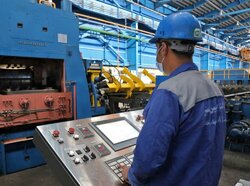
Iran allocates over $6b to infrastructure projects
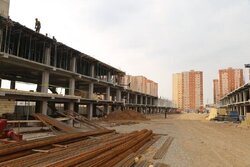
According to Davoud Manzour, the government has managed to fulfill almost all the goals set in the current year’s national budget bill, IRNA reported.
In late December 2023, the Iranian parliament approved the general outlines of the national budget bill for the next Iranian calendar year 1403.
President Ebrahim Raisi submitted the national budget bill for the next Iranian year to the Majlis on December 5, 2023.
The proposed budget for the next year amounts to about 54.18 quadrillion rials (about $108.36 billion at the free market rate of 500,000 rials), with an 18 percent rise from the current year’s budget.
The bill has estimated the government’s budget at 24.29 quadrillion rials (about $48.58 billion).
Public resources are estimated at 14.95 quadrillion rials (about $29.9 billion).
The crude oil income is predicted to be 5.54 quadrillion rials (about $11.08 billion), and oil sales are estimated at 1.35 million barrels per day at an average price of €65.
Like the current year’s budget, the next year’s proposed budget requires the government to pay 40 percent of its oil, gas, and gas condensate revenues to the National Development Fund (NDF).
Tax revenues are predicted to be 11.22 quadrillion rials (about $22.44 billion) which is 49.8 percent more than the figure for the current year’s budget bill.
The data provided in next year’s budget bill indicate that the government is taking major steps to distance the economy from oil, as a big portion of the income is set to be gained from sources other than oil and gas.
Oil incomes in the next year’s budget bill are estimated to be 6.2 percent less than the ceiling allowed in the budget law, accounting for only 22.8 percent of the total incomes. On the other hand, the share of tax revenues is twice the revenues from oil and gas sales, which means changing the budget approach from oil revenues to sustainable revenues.
Source: Tehran Times

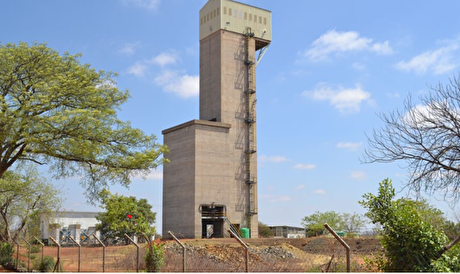
NexMetals receives EXIM letter for potential $150M loan
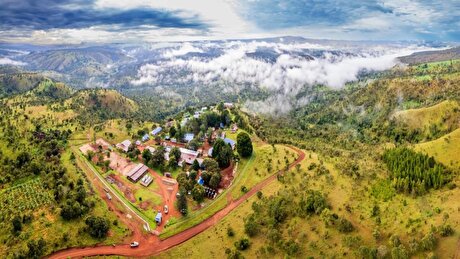
Lifezone Metals buys BHP’s stake in Kabanga, estimates $1.6B project value

China quietly issues 2025 rare earth quotas

Teck approves $2.4B expansion of Highland Valley Copper
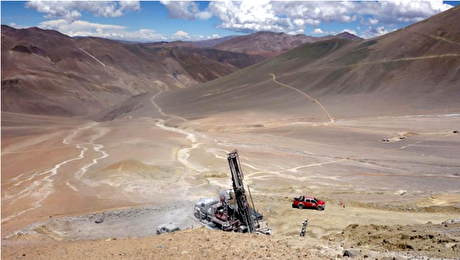
BHP, Lundin JV extends useful life of Argentina copper mine

Gold price eases after Trump downplays clash with Fed chair Powell
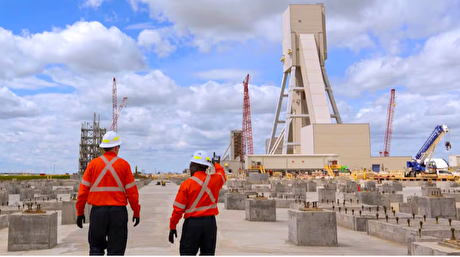
BHP delays Jansen potash mine, blows budget by 30%
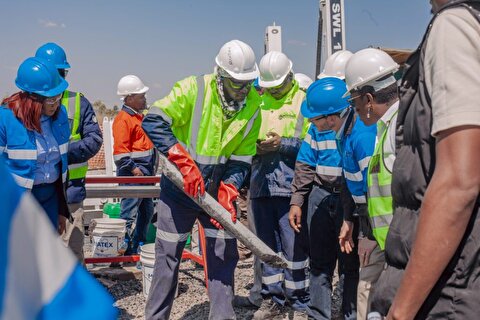
KoBold signs Congo deal to boost US mineral supply

Northern Dynasty extends losses as it seeks court resolution on Pebble project veto

Gold price could hit $4,000 by year-end, says Fidelity

Southern Copper expects turmoil from US-China trade war to hit copper

Ramaco Resources secures five year permit for Brook rare earth mine in Wyoming

Column: EU’s pledge for $250 billion of US energy imports is delusional

Finland reclaims mining crown as Canada loses ground

Gold price down 1% on strong US economic data
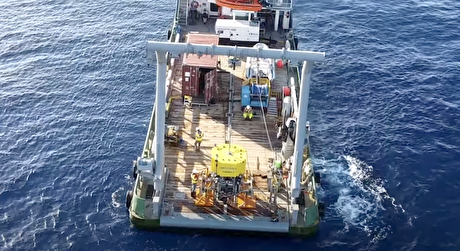
Trump’s deep-sea mining push defies treaties, stirs alarm
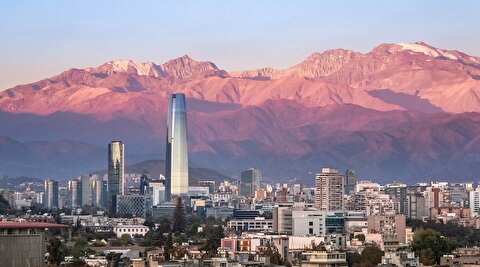
Chile’s 2025 vote puts mining sector’s future on the line

Gold price retreats to near 3-week low on US-EU trade deal

China’s lithium markets gripped by possible supply disruptions

Gold price could hit $4,000 by year-end, says Fidelity

Southern Copper expects turmoil from US-China trade war to hit copper

Ramaco Resources secures five year permit for Brook rare earth mine in Wyoming

Column: EU’s pledge for $250 billion of US energy imports is delusional

Gold price down 1% on strong US economic data

Trump’s deep-sea mining push defies treaties, stirs alarm

Chile’s 2025 vote puts mining sector’s future on the line

Gold price retreats to near 3-week low on US-EU trade deal

China’s lithium markets gripped by possible supply disruptions



